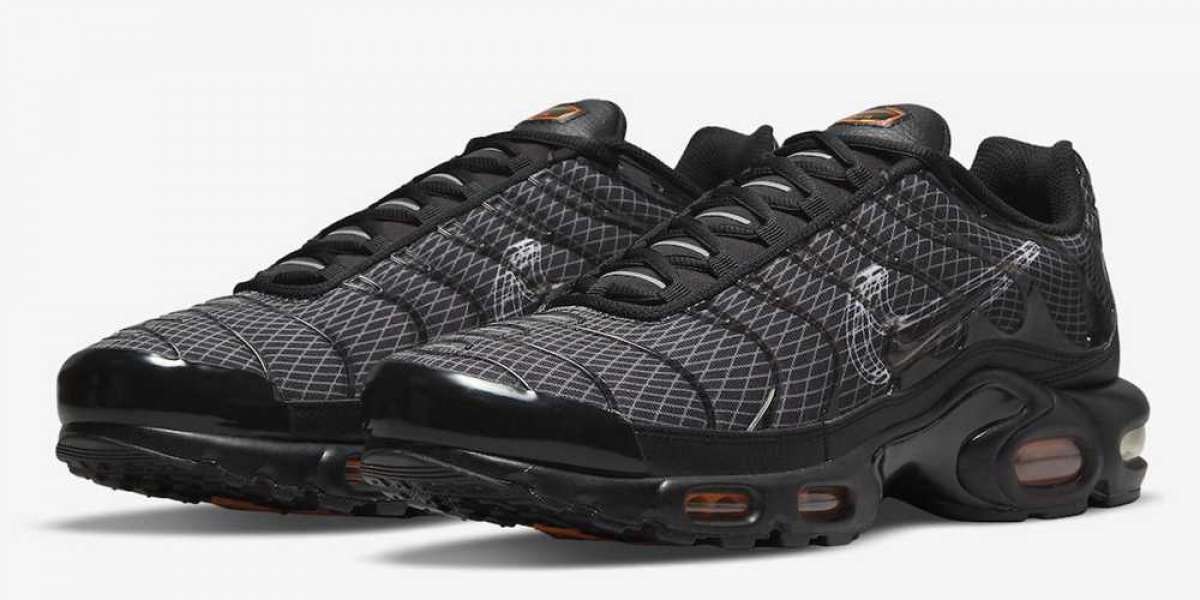Wigs have been an integral part of human history, culture, and fashion for centuries. From their origins in ancient civilizations to their modern-day resurgence as a versatile accessory, wigs offer a wide range of benefits and applications. Whether used for medical reasons, theatrical purposes, or simply as a fashion statement, wigs have proven to be more than just a tool for concealing hair loss. This article explores the fascinating world of wigs, including their history, types, materials, and tips for care.
A Brief History of Wigs
Wigs date back to ancient times, with evidence of their use found in Egypt, Greece, and Rome. In ancient Egypt, wigs were worn by both men and women to protect their shaved heads from the scorching sun. They also served as a symbol of status and wealth. The materials used in Egyptian wigs ranged from human hair to plant fibers and wool.
During the 17th and 18th centuries in Europe, wigs became a symbol of social status and power. The elaborate powdered wigs worn by royalty and nobility were not only a fashion statement but also a way to distinguish the elite from commoners. By the 19th century, wigs became less elaborate and more practical, paving the way for the modern wigs we know today.
Types of Wigs
Wigs come in various types, catering to different needs and preferences. Here are the main categories:
1. Full Wigs
Full wigs cover the entire scalp and are ideal for individuals experiencing complete hair loss or those who want a drastic change in appearance. They come in a variety of styles, lengths, and colors.
2. Lace Front Wigs
Lace front wigs feature a lace material at the front of the wig, creating a natural-looking hairline. They are popular for their realistic appearance and are often used in the entertainment industry.
3. Half Wigs
Half wigs cover only a portion of the head and are designed to blend with the wearer’s natural hair. They add volume and length while maintaining a natural look.
4. Synthetic Wigs
Made from man-made fibers, synthetic wigs are affordable and require minimal maintenance. They are pre-styled, making them a convenient option for daily wear.
5. Human Hair Wigs
Human hair wigs are made from real human hair, offering a natural look and feel. They can be styled, dyed, and treated like natural hair, but they require more care and are generally more expensive.
Choosing the Right Wig
Selecting the right wig can be a daunting task, especially for first-time buyers. Here are some factors to consider:
1. Purpose
Determine the primary reason for purchasing a wig. Is it for medical reasons, fashion, or a special event? Understanding your purpose will help narrow down your options.
2. Material
Choose between synthetic and human hair based on your budget and styling preferences. Synthetic wigs are low-maintenance but less versatile, while human hair wigs offer a realistic look but require more upkeep.
3. Cap Construction
The wig cap is the base that holds the hair fibers. Options include full lace, lace front, and monofilament caps. Each has its advantages, such as breathability, comfort, and realism.
4. Fit and Comfort
Ensure the wig fits securely and comfortably. Adjustable straps and sizing options can help achieve the perfect fit.
5. Style and Color
Consider your face shape and skin tone when choosing a wig style and color. Many retailers offer virtual try-ons to help you visualize different options.
Caring for Your Wig
Proper maintenance is essential to extend the lifespan of your wig. Here are some tips for wig care:
1. Washing
Use wig-specific shampoos and conditioners to clean your wig. Avoid regular hair products, as they can damage the fibers.
2. Storage
Store your wig on a wig stand or mannequin head to maintain its shape. Keep it away from direct sunlight and heat.
3. Styling
For synthetic wigs, avoid using heat tools unless the wig is heat-resistant. Human hair wigs can be styled with curling irons and straighteners but require heat protectants.
4. Brushing
Use a wide-tooth comb or a wig brush to detangle your wig. Start from the ends and work your way up to prevent shedding.
The Modern Appeal of Wigs
In today’s world, wigs are not just for those experiencing hair loss. They have become a fashion staple, allowing individuals to experiment with different looks without committing to permanent changes. Celebrities and influencers often use wigs to switch up their style for events or photo shoots. Additionally, wigs have found their place in cosplay, theater, and film, where they help bring characters to life.
Wigs and Empowerment
For many, wigs are more than just an accessory; they are a source of confidence and empowerment. Cancer patients undergoing chemotherapy, individuals with alopecia, and others dealing with hair loss often turn to wigs to regain a sense of normalcy and self-esteem. The availability of realistic, high-quality wigs has made it easier for people to feel comfortable and beautiful in their own skin.
Conclusion
The world of wigs is vast and diverse, offering something for everyone. Whether you’re looking to enhance your appearance, try a new style, or address hair loss, wigs provide a versatile and transformative solution. With proper care and the right choice, a wig can be a valuable addition to your wardrobe, boosting your confidence and helping you express yourself in new and exciting ways.

